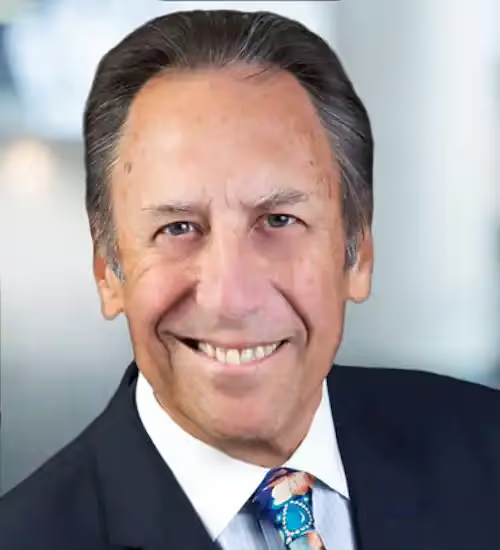Rob Fellows is a renowned personal injury attorney with over 40 years of experience. As managing partner at Fellows Hymowitz Rice, he is known for his meticulous preparation and aggressive advocacy in the courtroom.
We place immense trust in assisted living facilities to care for our mothers, fathers, and loved ones with dignity and compassion. When that trust is shattered by abuse, it’s devastating. Elder abuse in assisted living facilities represents one of the most serious challenges facing vulnerable adults today. It is estimated that 300,000 older New Yorkers are victimized annually.
Our nursing home abuse lawyers will explain the signs of abuse and neglect and how to report them effectively. Knowing how to report abuse is the first step toward protecting them and demanding accountability.
Types of Abuse in Assisted Living Facilities

Studies indicate that the 2.5 million vulnerable individuals in assisted living facilities face a significantly elevated risk of abuse and neglect compared to older persons living in their own homes. In New York, elder abuse is defined as any intentional act, or failure to act, that causes harm or distress to an older adult (typically someone over the age of 60).
Physical Abuse
Physical abuse involves any use of force that results in bodily injury, pain, or impairment. In assisted living facilities, physical abuse can include:
- Hitting, slapping, pushing, or kicking residents
- Improper use of restraints or excessive restraint
- Denying food or forcing the consumption of unwanted substances
- Rough handling during transfers or personal care
- Falls leading to fractures or head injuries: a sign of inadequate supervision or improper mobility assistance
Physical evidence of abuse often appears as unexplained bruises, cuts, burns, or other injuries that don't match the explanation provided by facility staff members.
Sexual Abuse and Sexual Assault
Sexual abuse represents one of the most traumatic forms of elder abuse. "Sexual contact" means any touching of the sexual or other intimate parts of a person for the purpose of gratifying the sexual desire of either party. Sexual assault in care facilities can involve:
- Unwanted touching or sexual contact
- Forced participation in sexual activities
- Sexual harassment or inappropriate comments
- Voyeurism or exposure of residents without consent
Emotional and Psychological Abuse
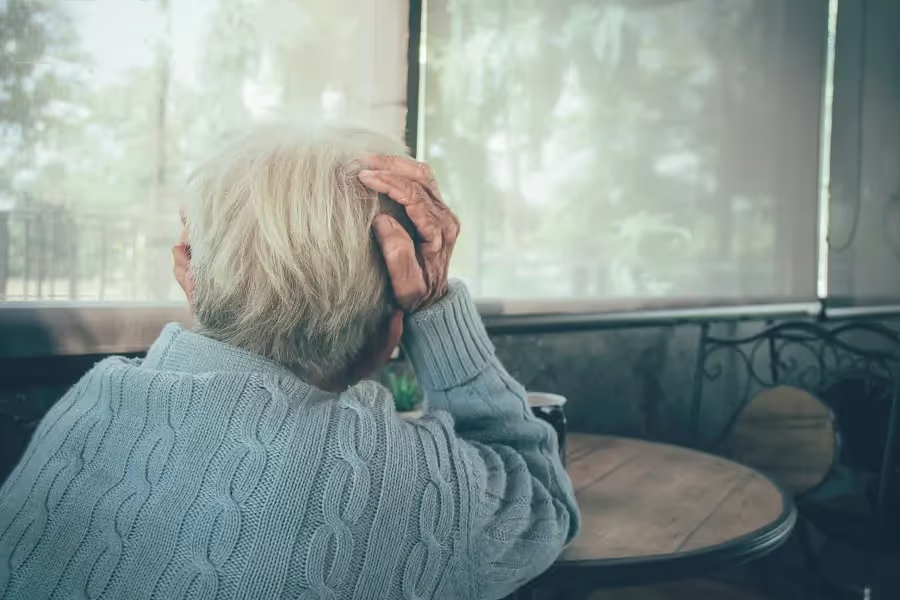
Emotional and psychological abuse often goes unnoticed but can have long-lasting effects on residents, particularly those with cognitive impairments or mental health challenges. This form of abuse includes:
- Verbal threats, humiliation, or intimidation
- Social isolation from other residents or family members
- Withholding emotional support or affection
- Creating fear through manipulation or threats of abandonment
Financial Exploitation
Financial exploitation occurs when someone misuses an elderly person's funds, property, or assets without authorization. In assisted living facilities, this can involve:
- Theft of personal belongings or money
- Unauthorized use of credit cards or bank accounts
- Coercing residents into signing documents or changing wills
- Charging for services not provided
- Outright theft of property, such as jewelry and personal items
Neglect and Reporting Requirements
Neglect represents the failure to give the care or services needed to keep a resident safe from physical injury, discomfort, or emotional upset. Common forms include:
- Failure to provide adequate medical care or medications
- Poor hygiene maintenance or unclean living conditions
- Inadequate nutrition or hydration
- Dehydration: Dry skin, cracked lips, or weakness can indicate neglect
- Lack of supervision leading to preventable injuries
How to Report Abuse in Assisted Living Facility Settings
When you suspect abuse or neglect, immediate action protects your loved one. New York provides multiple avenues for reporting suspected abuse, each designed to address different aspects of the problem.
Step 1: Ensure Immediate Safety in Danger Situations
If your loved one faces immediate danger or requires emergency medical attention, call 911 immediately. Emergency responders can provide immediate medical care and document evidence of abuse for later investigations.
Step 2: Report to Adult Protective Services (APS)
If you suspect someone is a victim of elder abuse, call the NYS Adult Protective Services Helpline at 1-844-697-3505 (8:30 a.m. to 8 p.m., Monday through Friday). Adult protective services agencies investigate reports of abuse and can provide protective services for vulnerable adults.
Contact your local APS office to:
- File formal complaints about suspected abuse
- Request immediate welfare checks on residents
- Access support services for abuse victims
- Get information about legal protections available
Step 3: File a Complaint with State Agencies
For assisted living facilities specifically, complaints about adult homes and assisted living facilities can be reported to the intake program. This specialized intake program handles complaints specifically related to residential care facilities.
The New York State Department of Health also provides oversight for various types of care facilities. If your loved one is living in an adult home or assisted living facility, the process is slightly different. The Department of Health also oversees these facilities through a different program. To make a complaint about an adult care facility, you can call 1-866-893-6772 or fill out the long-term care (LTC) ombudsman complaint form.
Step 4: Contact the Long-Term Care Ombudsman

Long-term care ombudsman programs provide advocacy services for residents of nursing facilities and assisted living facilities. An ombudsman advocates for people in nursing homes, assisted living facilities, and adult family care homes. Generally, Long Term Care Ombudsman Programs provide trained volunteers who work with residents and their family members to communicate concerns and resolve problems by providing advocacy, support, education, and empowerment.
The long-term care ombudsman can:
- Investigate complaints on behalf of residents
- Mediate disputes between families and facilities
- Educate residents and families about their rights
- Provide ongoing advocacy and support
Warning Signs of Abuse in Assisted Living Facilities
Recognizing the warning signs of abuse enables family members to take swift action to protect their loved ones. Many abuse cases go unreported because residents may be unable or afraid to speak up about their mistreatment.
Physical Warning Signs
- Unexplained bruises, cuts, burns, or injuries
- Poor hygiene or unclean living conditions: dirty bedding, soiled clothing, or an unkempt appearance may suggest neglect
- Sudden weight loss or signs of malnutrition
- Bed sores or pressure ulcers from inadequate care
- Missing personal belongings or signs of theft
Behavioral and Emotional Changes
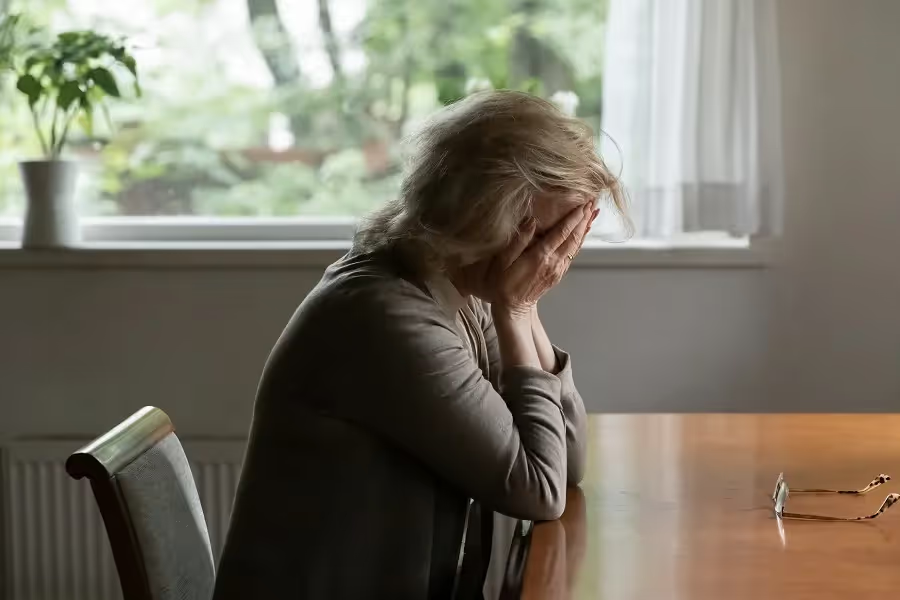
- Unexplained crying or emotional distress: emotional abuse can cause residents to cry frequently or display other signs of distress, often without a clear cause
- Withdrawal from social activities or family visits
- Fear or anxiety around specific staff members
- Changes in sleep patterns or appetite
- Regression in cognitive abilities or confusion
Environmental Red Flags
- Understaffing or high staff turnover rates
- Unresponsive or dismissive attitudes from care providers
- Poor facility maintenance or unsafe conditions
- Lack of adequate supervision for residents with special needs
- Resistance from facility management when family members ask questions
New York Laws Protecting Assisted Living Residents
New York has comprehensive legal protections for older adults in care facilities, including specific statutes addressing various forms of elder abuse.
Criminal Penalties for Elder Abuse
Endangering the welfare of a vulnerable elderly person, or an incompetent or physically disabled person, in the second degree is a class E felony. This criminal statute provides serious penalties for those who harm vulnerable elderly persons. The law defines caregivers specifically and holds them to higher standards of care.
Residents' Rights Under New York Law
Assisted living residents have comprehensive rights under both federal and state regulations. These rights include:
- The right to be treated with dignity and respect
- Freedom from abuse, neglect, and exploitation
- The right to participate in their own care planning
- Access to medical care and necessary services
- The right to communicate freely with family and friends
Enhanced Multidisciplinary Team Programs
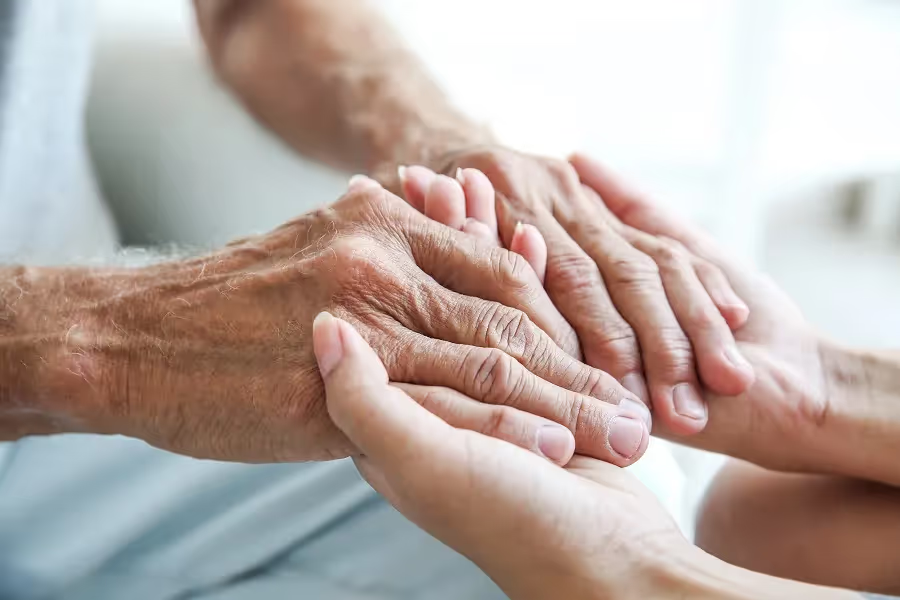
The office is hereby authorized, subject to appropriation of funds for the program, to establish an elder abuse enhanced multidisciplinary team program consisting of teams at the regional or county level for complex cases of elder abuse, including but not limited to financial exploitation, physical abuse, psychological abuse, sexual abuse, and neglect, involving a victim sixty years of age or older.
Anonymous Reporting Options
Many people worry about retaliation when reporting abuse. Fortunately, New York Social Services Law § 473 grants immunity from civil liability to anyone who reports suspected elder abuse in good faith, and it extends to physicians, social workers, and other professionals in the industry.
You can report elder abuse anonymously through:
- State hotlines that protect caller's identity
- Online complaint forms that don't require personal identification
- Third-party advocacy organizations
- Legal representatives who can file reports on your behalf
How to Prevent Nursing Abuse
Prevention remains the most effective strategy for protecting vulnerable older adults from abuse in care facilities.
Choosing Quality Assisted Living Facilities
When selecting an assisted living facility, conduct thorough research:
- Visit facilities multiple times, including unannounced visits
- Check state inspection reports and violation records
- Interview staff members and observe their interactions with residents
- Review staffing ratios and turnover rates
- Examine the facility's policies on reporting and preventing abuse
Staying Involved in Your Loved One's Care
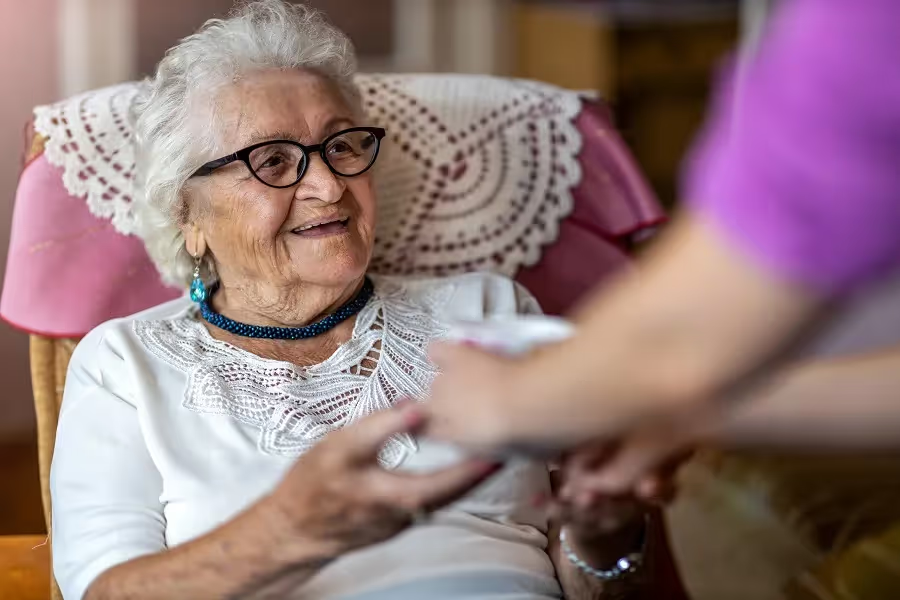
Regular involvement helps prevent abuse and ensures quality care:
- Visit frequently and at different times of day
- Develop relationships with staff members and other residents
- Attend care planning meetings and stay informed about your loved one's needs
- Monitor your loved one's physical and emotional well-being
- Keep detailed records of any concerns or incidents
Documentation and Evidence Collection
If you suspect abuse, proper documentation will help you to build a strong case:
- Take photographs of any physical evidence of abuse
- Keep detailed notes about conversations with staff and observations
- Maintain records of all interactions with the facility
- Save all correspondence and documentation from the facility
- Document changes in your loved one's behavior or health
Protect Your Loved Ones with Fellows Hymowitz Rice
Elder abuse in assisted living facilities is a serious crime that demands immediate action and experienced legal representation. If you suspect that your loved one has been the victim of abuse or neglect in a care facility, don't wait — their safety and well-being depend on swift intervention. Our team will thoroughly investigate your case, gather all the necessary evidence, and fight tirelessly to protect your loved one's rights. Contact us today for a free case review!

Take Action Against Abuse — Call Fellows Hymowitz Rice Today
If you suspect abuse, don't wait. Your loved one deserves dignity, respect, and proper care — let us help you ensure they receive it.
Contact Us
Heading
Lorem ipsum dolor sit amet, consectetur adipiscing elit, sed do eiusmod tempor incididunt ut labore et dolore magna aliqua. Ut enim ad minim veniam, quis nostrud exercitation ullamco laboris nisi ut aliquip ex ea commodo consequat. Duis aute irure dolor in reprehenderit in voluptate velit esse cillum dolore eu fugiat nulla pariatur.



